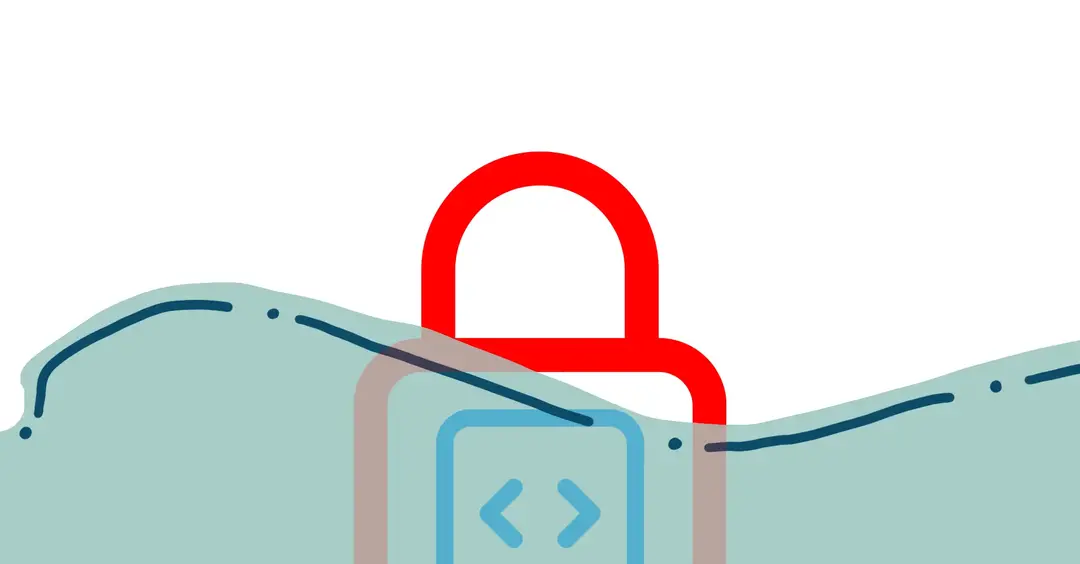Magento Best Practices
Learning how to follow all of the platform's best practices which help make you a seasoned Magento developer. Get info and tips about which best practices are used in Magento, and how you can use them to become a better Magento developer.
What are Best Practices?
Best practices are a set of guidelines that help developers create high-quality, reliable, and secure software. They are based on industry standards and proven techniques that have been refined over time. Following these practices ensures that your code is consistent, maintainable, and easy to understand.
Magento developers can benefit from following best practices in their code. This provides a framework that helps write better code, faster. Best practices also help developers avoid common pitfalls, and ensure that their code follows Magento's core coding principles.
Magento-specific Best Practices
Magento aligns closely with other open source software packages and follows many of the same best practices. However, there are some Magento-specific best practices that developers should be aware of when building Magento stores.
Magento Coding Guidelines & Standards
Magento has a strict set of coding standards that all developers should strive to follow. These standards ensure that code is consistent throughout the codebase and is easy to read, which helps make it easier to collaborate with other developers. This also helps maintain a high level of quality across the codebase.
Magento's coding standards are based on the PSR-1 and PSR-2 standards, with some additional rules specific to Magento. These standards cover everything from naming conventions to file organization, and are essential for developers to understand to write code that is in line with Magento's core principles.
Modular Architecture
Magento's modular architecture is one of its most powerful features. It allows developers to create custom modules that can be enabled, disabled, or replaced without impacting the rest of the system.
The modularity of the framework allows developers to override core code without modifying the original files. This is a powerful feature that enables customizations and extensions to be made without impacting the core functionality of Magento. It also allows for easier maintenance and upgrades, as customizations can be made in separate modules that can be updated independently.
Design Patterns
Magento uses a variety of design patterns to implement its features. Understanding these patterns is essential for developers to understand how Magento works and how to extend its functionality.
This includes the patterns such as dependency inversion, factory classes, event observers, and service contracts. These patterns are used all throughout the Magento codebase, and are absolutely essential for developers to understand to properly extend Magento's functionality.
How can I be a good Magento developer?
Being a good Magento developer requires a lot of hard work and dedication. It also requires a deep understanding of the Magento ecosystem and how it works.
This includes understanding the core principles of Magento, as well as the best practices that are used to build high-quality Magento stores.
Here are some pivotal aspects of becoming a good Magento developer:
-
Understand Magento's Core Functionality: Dive into Magento core code to understand how all of the modules and components work together. Familiarize yourself with the code structure, flow of the request, how database tables are organized, and how the various design patterns are used.
-
Write Clean and Maintainable Code: Good developers write code that is not only functional, but also clean and easy to maintain. This means using clear naming conventions when creating files and folders, document your code where appropriate, and avoiding unnecessary complexity. Aim for writing code that is simple and elegant.
-
Use Version Control: Employ version control systems like Git to manage your codebase, which allows you to keep track of a reliable history of your code changes over time, and better collaborate with other members of your team.
-
Prioritize Security: A good Magento developer always prioritizes security, understands common vulnerabilities, and learns how to protect storefronts from bad actors and malicious attacks.
-
Optimize for Performance: Learn about caching strategies, indexing, and other performance optimization techniques that help Magento stores run smoothly and quickly.
-
Embrace the Community: The Magento community is a valuable resource. Participating in forums, attending Meet Magento events, belonging to the Magento Association, and contributing to open-source Magento modules and core code are excellent ways to stay engaged and informed.
-
Continuously Learn and Experiment: The best Magento developers are those who continuously seek to improve their skills, learn new techniques, and aren't afraid to experiment. Failure is a part of the learning process, and the best way to learn is by doing.
Recap
Becoming a good Magento developer requires a lot of hard work and dedication. It also requires a deep understanding of the Magento ecosystem and how it works.
To learn about other best practices, check out these other articles which cover topics such as security, performance, and more.




